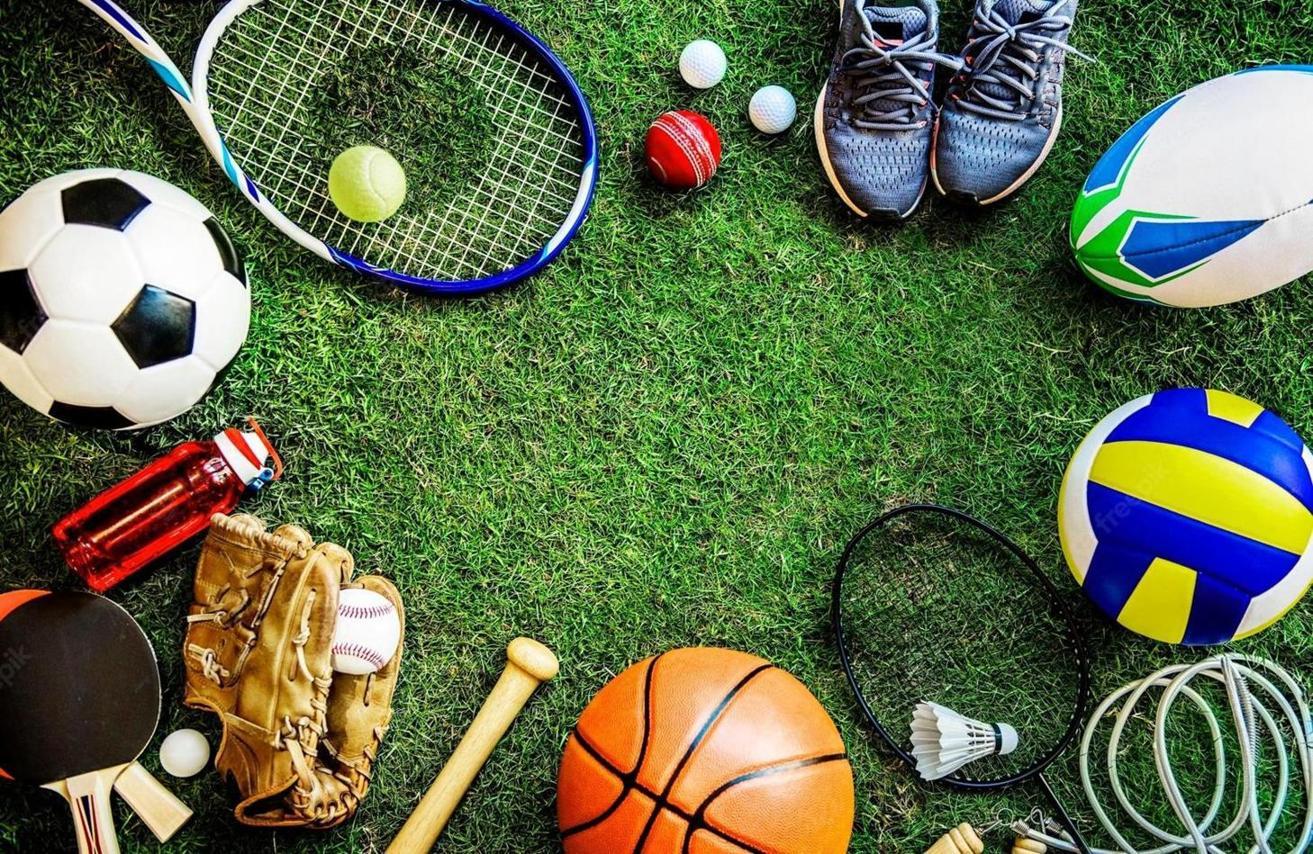Africa-Press – Botswana. Gender mainstreaming in sport is critical to integrate gender equality perspective into all stages, policies, programmes and projects to ensure that it benefits both women and men equally without perpetuating inequalities in sport.
These sentiments were echoed by a number of women in sport during a forum organised by Ministry of Youth and Gender Affairs as part of International Women’s Day commemoration in Lobatse recently.
The women decried that sexism in sport was a persistent problem that hindered progress and equality of women athletes as they received less pay or sponsorship when compared to their male counterparts.
Extension Gunners women team captain, Tshiamo Ramaeba said females faced barriers and biases that limited their access to leadership positions in sport as prejudice and gender stereotypes continued to have a negative influence on how they are perceived.
“I have a burning desire of becoming a coach but it is very difficult, I have raised my hand three times for the opportunity but instead of selecting me they picked males. I have the knowledge and the necessary experience but it is difficult,” she said.
For Ramaeba another hindrance for women is that falling pregnant while engaged in sport could be a setback.
“It is difficult to go back to play after giving birth, a woman needs extra support, I was dropped from national team after I had a baby because those with fresh legs were faster than me but I wish there could be modalities in place to position us to serve in other sport value chains as we have the necessary experience such as being analysts, administrators and so forth,” she said.
For his part, sensei Dr Keone Kgorotlhe noted that women faced challenges in sport adding that there were social expectations, which hindered them from engaging in sporting activities.
“There are norms and values in every society and it is believed that women cannot play some sporting codes. There are myths that women who train Karate cannot fall pregnant which is unfounded, in fact the opposite is true,” he said.
He highlighted that pregnancy and motherhood presented unique challenges for women in sport, as they required time for rehabilitation and potentially impact on career trajectories.
Nonetheless, he said the women must not be discouraged to play sport after having a child saying they must be supported to parent their children while at the same time continuing with sports.
He said some women in sport faced challenges related to lack of family support and understanding, particularly when balancing career and family responsibilities hence the need for families to appreciate sport and what it could potentially do for them.
Furthermore, he said the women in sport were prone to violence and abuse.
“Touching their sensitive parts such as breast areas and behind during training is abuse,” he said.
In addition, Dr Kgorotlhe said women in sport had limited visibility and media coverage, which could further marginalise female athletes and their achievements.
However, he appreciated that participation of women in sport had seen a significant increase over the years even though there were wage gaps and lower revenues from sponsorships and fewer athletic opportunities for women compared to men, which led to financial disparities between women and men.
He thus encouraged women to upskill themselves, enroll for online courses, have businesses on the side to be able to carry them through, “You have to make yourself marketable at all costs, learn something new.
Sports people must learn to support themselves rather than rely on hand outs, opportunities are everywhere,” he said.
Ministry of Youth and Gender Affairs representative Alfred Ditsele said sport had the potential to contribute to the economy and propel the pride of the nation and promote unity.
Thus, he said it was important to celebrate women achievements and encourage young women to engage in sports and appreciate challenges and struggles they faced.
For More News And Analysis About Botswana Follow Africa-Press






